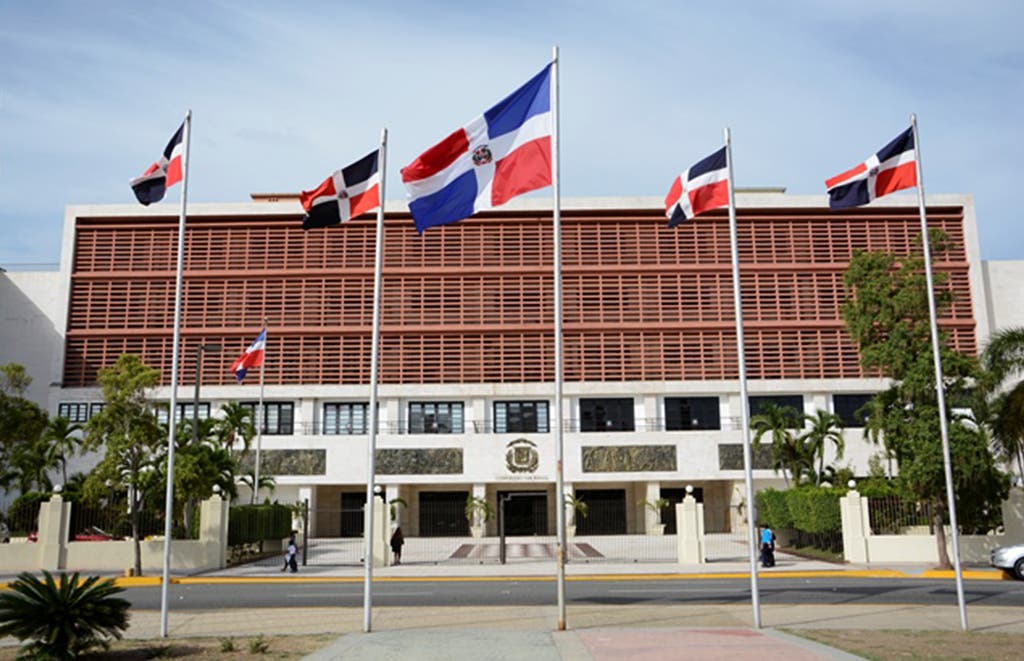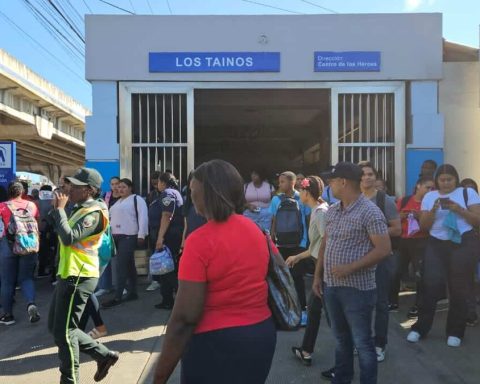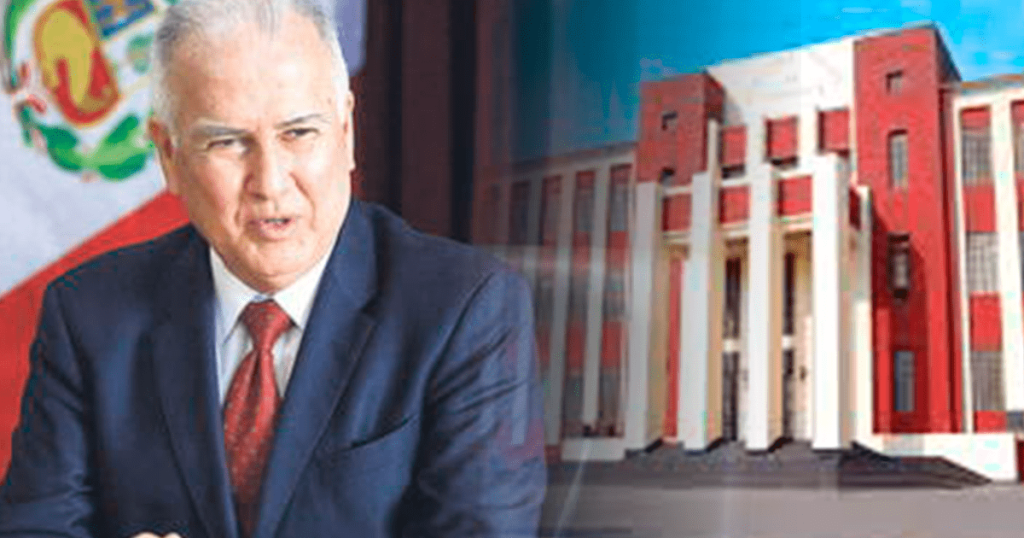The law aims to bring the general government debt ratio to 40% of GDP by 2035 and limits the growth of primary spending.
Congress definitively approved the Fiscal Responsibility Law proposed by President Luis Abinader, which establishes the commitment to the prudent management of public finances and spending control, the Minister of Finance, Jochy Vicente, reported yesterday through his X account.
He explained that this law establishes the application of a fiscal rule that limits the growth of primary spending so that it does not exceed expected inflation by more than three percentage points, with the objective that public debt, as a percentage of GDP, does not exceed 40% by the end of 2035. “This law is a fundamental component of the public sector reform process that we will implement in these next four years.
With this law, the Government, in simple terms, commits to a cap on the annual growth of primary spending (spending not including debt interest) in such a way as to give predictability and certainty to the trajectory of public debt,” he said on the social network X.
He added that the law aims to bring the general government debt ratio to 40% of GDP by 2035.
“We are committed to the prudent management of public finances and expenditure control. So much so that we are willing to set ourselves reasonable limits on the growth of public spending that will allow us to fulfil the intrinsic functions of the State and continue to guarantee the sustainability of the public debt. I thank both the deputies and the senators for their willingness and support in approving this very important law,” he wrote.
This law was submitted by the Executive Branch to Congress on June 1, 2023, seeking to strengthen the fiscal framework of the Dominican Republic and guarantee the sustainability of its public finances.
Vicente explained that, in line with international best practices, the legislation contains escape clauses in the event of extreme events, such as natural disasters or periods of economic recession, which would allow for exceptional measures to be taken to safeguard the country’s overall stability.
This law is expected to lay the foundation for the implementation of projects with a high social impact, the improvement of the social safety net and the allocation of funds to address historical demands in crucial areas, thereby ensuring the development and well-being of the population.
The document establishes responsibilities for the application and supervision of the fiscal responsibility framework to be observed during the budget process, with the purpose of ensuring that public finances are sustainable in the short, medium and long term. Regarding fiscal rules, the head of the Treasury indicated that they are mechanisms that promote the sustainability of public finances and increase transparency and predictability in the design and execution of fiscal policy, which is why most Latin American countries have explicit and well-defined rules.

















